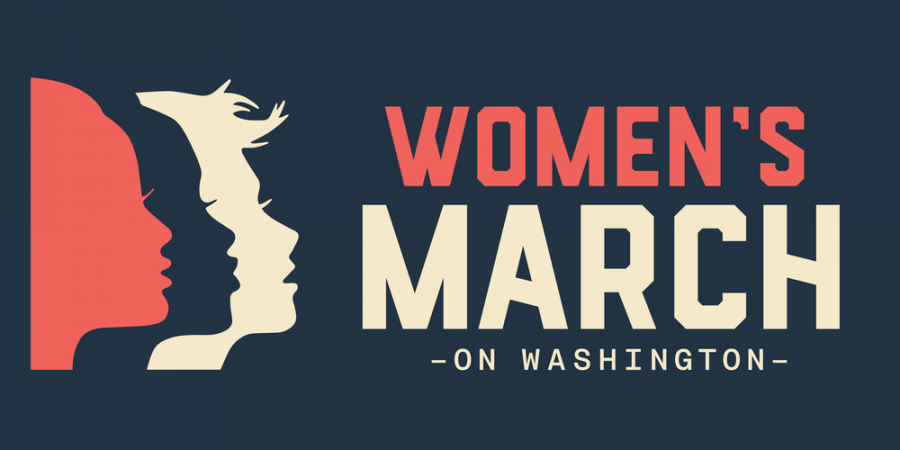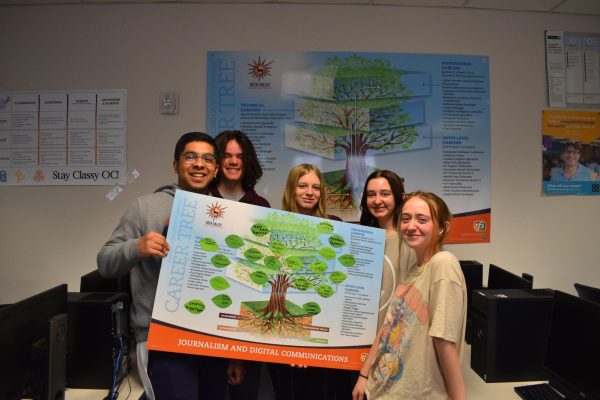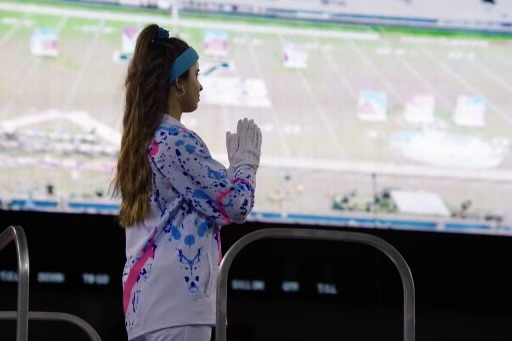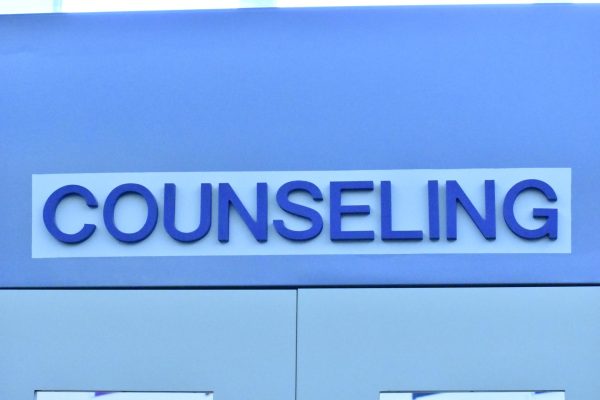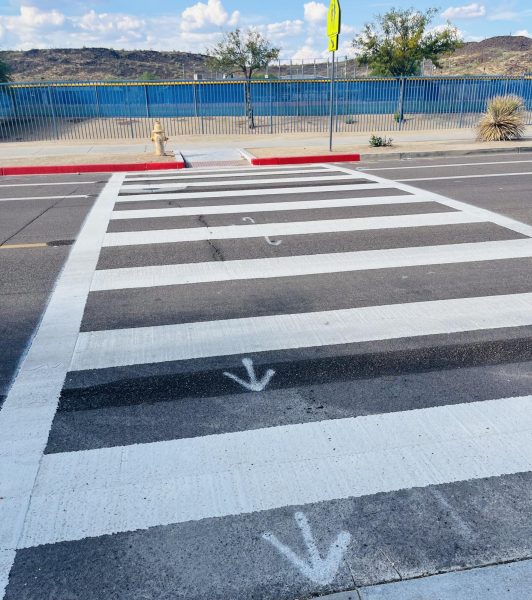Women seek change with their march on Washington
Courtesy of Women’s March website
The main poster for the Women’s March, whose members have said that “Women’s Rights are Human Rights, and Human Rights are Women’s Rights.”
January 20, 2017
Taking place on Jan. 21, 2017, the Women’s March on Washington will serve as the United State’s first movement for reform within the new government, the day after Donald Trump’s inauguration.
Following the recent election, some women have felt unsure and unsafe in this upcoming America. The march is not reserved specifically for women however, as they invite immigrants, Muslims and those of diverse religious faiths, minorities, the LGBTQIA community, people with disabilities and survivors of sexual assault to march with them.
“The Women’s March on Washington will send a bold message to our new government on their first day in office, and to the world that women’s rights are human rights. We stand together, recognizing that defending the most marginalized among us is defending all of us,” written on the Women’s March website.
The march will follow the principles of Kingian nonviolence, a protest technique developed by Martin Luther King Jr., while seeking a number of unity principles, including reproductive rights, worker’s rights, civil rights, disability rights and environmental rights.
With a long list of famous actor/actresses and musicians supporting their cause, the Women’s March is aiming to influence change not only within the government, but also in the film and music industries.
The event will begin with a rally and be followed by the march itself, starting at the intersection of Independence Avenue, in Washington D.C.
America Ferrera and Scarlett Johansson, actresses and activists, will speak at the event, amongst many other activists and leaders of organizations seeking change within the United States government.
“We must create a society in which women – including Black women, Native women, poor women, immigrant women, disabled women, Muslim women, lesbian queer and trans women – are free and able to care for and nurture their families, however they are formed, in safe and healthy environments free from structural impediments,” written on the Women’s March website.



